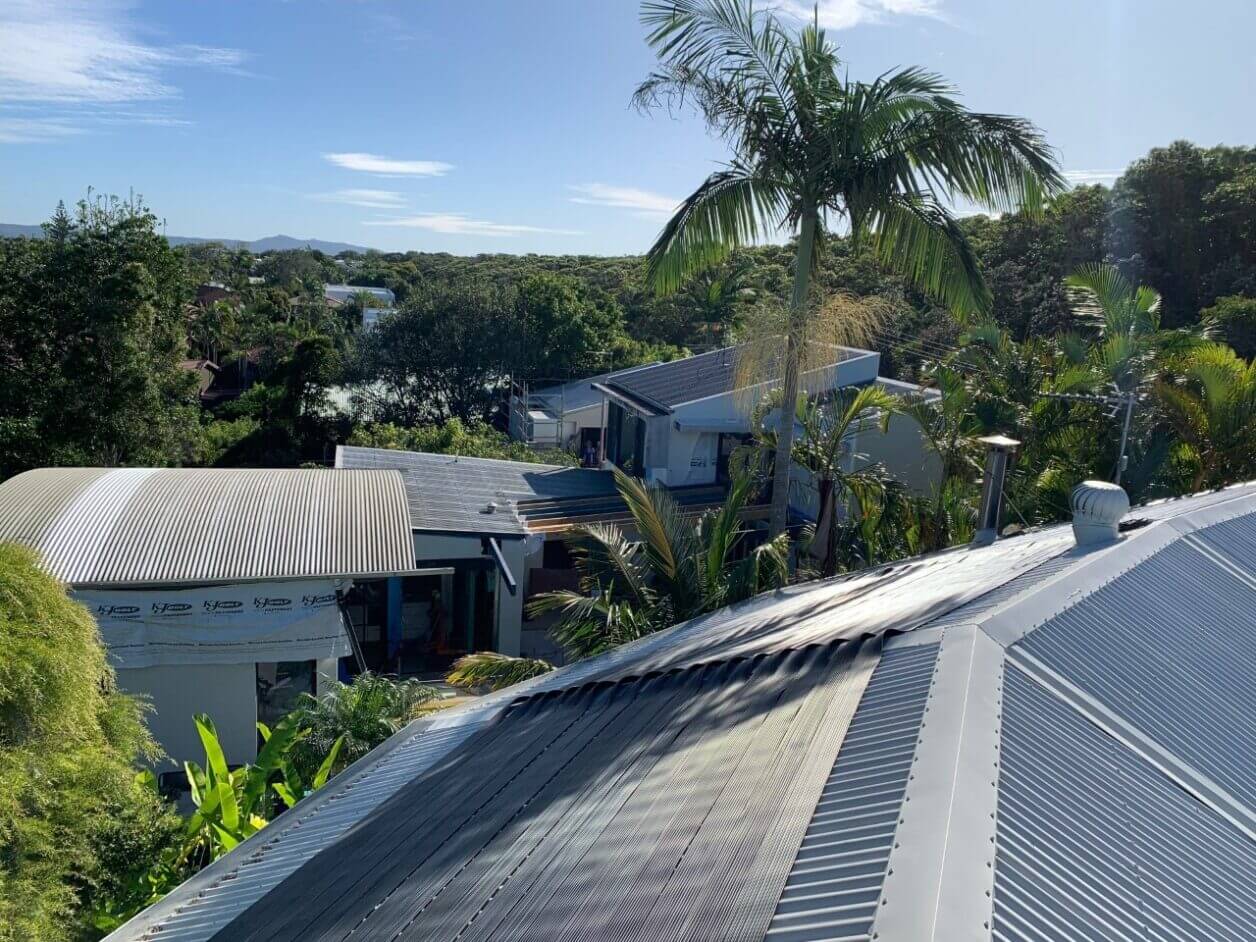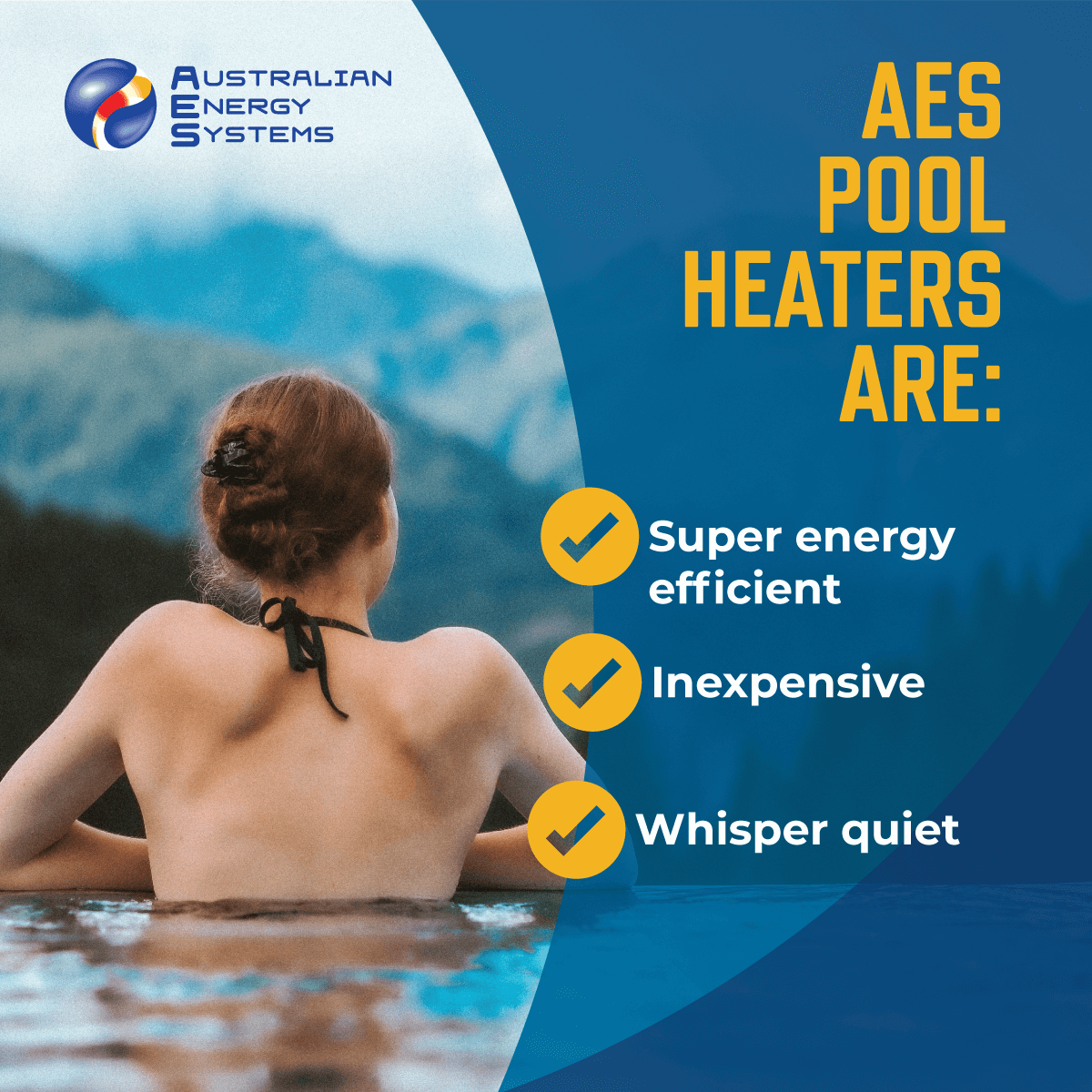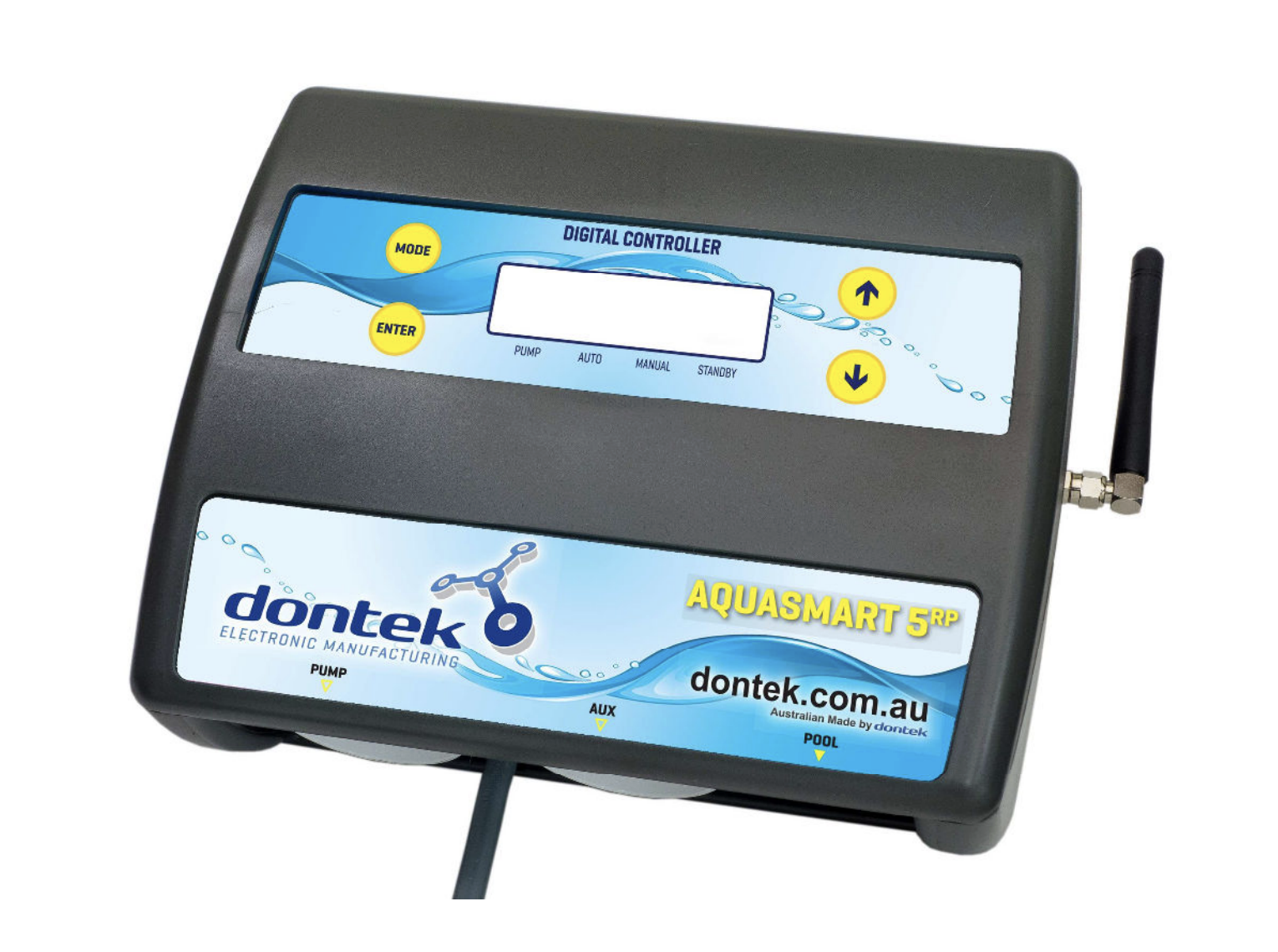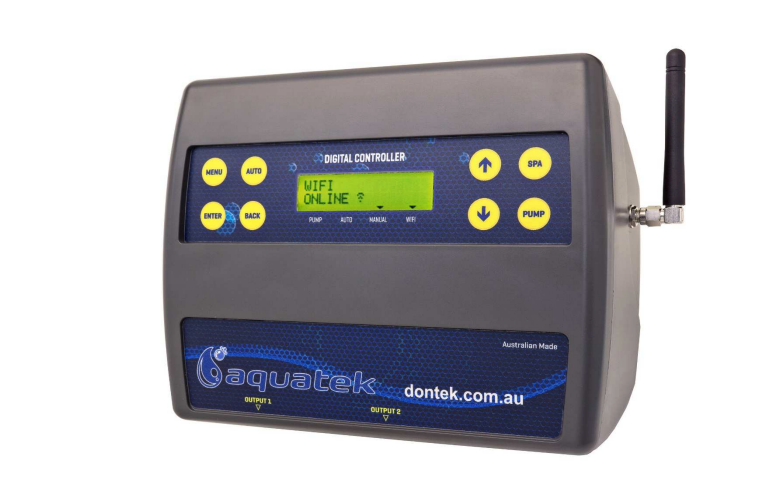Heat pumps and solar pool heaters are two of the most popular options for pool heating systems, providing pool temperature regulation to extend the swim season.
In Australia, especially in Queensland, where pool owners can enjoy swimming for most of the year, choosing between a solar pool heater system and an electric heat pump is essential for maximising comfort, energy efficiency, and long-term savings. Each system operates differently, affecting installation costs, maintenance requirements, and overall heating efficiency. Understanding these key differences will help determine which pool water warming solution is best suited to your needs.
Key Highlights
- Heat pumps use ambient air, while solar pool heaters rely on sunlight, affecting efficiency in different climates.
- Solar heaters are eco-friendly, while heat pumps consume electricity, leading to higher energy costs.
- Solar heating has higher upfront costs but lower operating expenses compared to heat pumps’ ongoing electricity costs.
- Solar systems need ample roof space, whereas heat pumps are compact and easier to install.
- Solar heaters last 10-20 years with low maintenance, while heat pumps need regular servicing and last 10-15 years.
What Are the Key Differences Between Solar and Electric Pool Heat Pumps?
How Does Each System Generate Heat for Your Pool?
Choosing the right pool heating system depends largely on how it generates and transfers heat. Heat pumps and solar pool heaters operate using entirely different mechanisms, each with its own efficiency factors and limitations.
Understanding these operational differences can help determine which option best suits your climate, budget, and heating needs.
| Feature | Heat Pump | Solar Pool Heater | |
| Energy Source | Electricity | Solar radiation | |
| Heat Generation Method | Extracts heat from ambient air using a refrigerant cycle | Absorbs sunlight through solar collectors | |
| Heat Transfer Process | The compressor compresses refrigerant, transferring heat to the pool water | Water is circulated through solar panels, where it is heated and returned to the pool | |
| Dependence on Weather | Less efficient in colder temperatures; needs external power | Relies on direct sunlight; ineffective in cloudy or nighttime conditions | |
| Time Required to Heat Pool | Faster; heats water consistently regardless of sunlight | Slower; it depends on sun exposure and takes longer to warm water | |
Solar Pool Heating:
Pros:
- Environmentally friendly: Solar pool heating systems use the sun’s renewable energy, which significantly reduces carbon emissions when compared to traditional heating methods.
- Cost-Effective Operation: Because solar heating systems use sunlight to heat the water, they have low operating costs once installed.
- Longevity: With proper maintenance, high-quality solar matting can last 10 years or more, resulting in long-term cost savings.
Cons:
- Potentially higher maintenance costs: Installing solar heating can be less expensive than other heating options, however, yearly maintenance is required.
- Weather Dependence: Because solar heating systems rely on sunlight, they are less effective on cloudy or rainy days, as well as overnight.
- Space Requirement: Adequate roof space is required for solar pool heating installation, which may not be possible for all properties, particularly those with existing PV panels.
- Solar pool heating will only extend your swim season; it will not heat your pool during winter.
Pool Heat Pumps:
Pros:
- Reliable Performance: Electric heat pumps can efficiently heat pool water regardless of the weather or time of day.
- Space-Saving Design: Heat pumps are compact and can be installed in smaller spaces, making them ideal for homes with limited space, particularly the new TDI Range with vertical exhaust (pictured above).
- Quick Installation: Compared to solar matting, electric heat pumps typically take less time and effort to install.
Cons:
- Higher Operating Costs: Because electric heat pumps use electricity, they can be more expensive to run than solar heating systems, especially during peak energy demand periods.
- Environmental Impact: Although electric heat pumps are more efficient than traditional heating methods, they still consume electricity and have an impact on the environment.
- Lifespan: Electric heat pumps typically have a shorter lifespan than solar matting.
What Are the Cost Differences Between Solar and Electric Heat Pumps?
What Is the Installation Cost for Solar vs. Electric Pool Heating?
The installation costs for pool heating systems vary based on factors such as pool size, system type, and regional labour rates.
- According to Alexandrina, the average cost of a system (including installation) for solar pool heating systems in Australia typically ranges between AUD 3,000 and AUD 6,000, depending on the pool size and the number of solar panels required.
- According to Hipages, electric heat pumps usually cost slightly more upfront, with prices ranging from AUD 3,600 for a 9kW unit suitable for a 30 cubic metre pool, up to AUD 6,900 for a 21kW unit for larger pools. Installation costs are extra and can vary depending on the need for electrical upgrades or additional equipment. Unlike solar systems, electric heat pumps require a licensed electrician for installation, which can add to the overall expense
How Do Operating Costs Compare Between Solar and Electric Heating? (Comparison)
Solar pool heaters benefit from minimal operating costs since they utilise free solar energy, with expenses primarily related to running the pool’s existing pump, estimated at around $10 to $25 per month. Electric heat pumps, however, rely on electricity, leading to operating costs ranging from $50 to $150 per month, influenced by factors like pool size, usage, and local electricity rates. While heat pumps can provide consistent heating regardless of sunlight availability, their ongoing energy expenses are higher compared to solar heaters.
For those concerned about ongoing electricity costs, pairing an electric heat pump with solar PV panels can significantly reduce energy bills. While the upfront cost of installing solar panels is higher, the long-term savings on electricity, especially when heating large pools, can be substantial. This hybrid approach combines the reliability of electric heating with the sustainability of solar energy, making it an increasingly popular option among environmentally conscious pool owners.
Both solar pool heating systems and electric heat pumps have their advantages and disadvantages. The decision between the two is based on how you want to heat your pool and how you intend to use it.
The upfront costs, space availability, environmental considerations, and climate conditions are other important factors to consider.
Consult with one of our professional pool heating experts to determine the best option tailored to your specific needs and preferences, ensuring many enjoyable swims in comfortably warm waters for years to come.
Click to enquire about the right heating option for your pool today!









